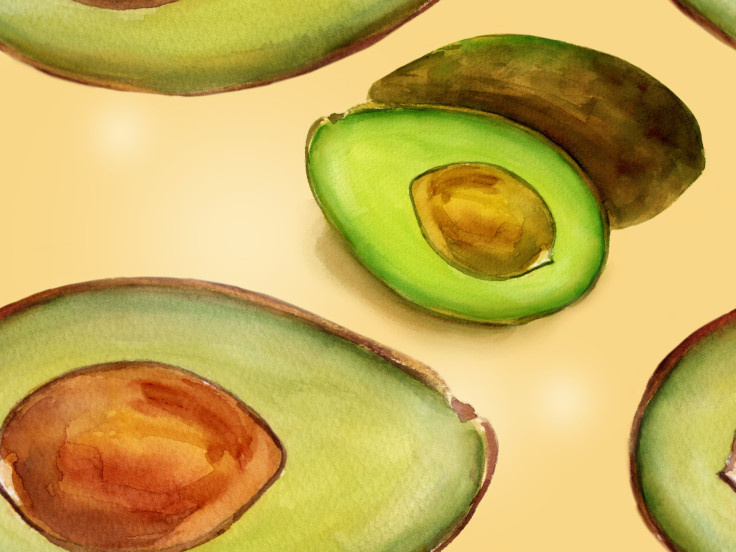Avocados Can Lower Cholesterol In 5 Weeks: Using Food As Medicine

Thousands of years ago, Greek physician Hippocrates, considered one of the most preeminent figures in the history of medicine, advised, “Let food be thy medicine and medicine be thy food.” A study conducted by researchers at Pennsylvania State University investigated the heart-healthy benefits of avocados and published their findings in the Journal of the American Heart Association.
"This was a controlled feeding study, but that is not the real-world,” the study’s lead author Dr. Penny M. Kris-Etherton, chair of the American Heart Association's Nutrition Committee and professor of Nutrition at Pennsylvania State University, said in a press release. “We need to focus on getting people to eat a heart-healthy diet that includes avocados and other nutrient-rich food sources of better fats.”
Researchers put 45 healthy, overweight, or obese patients between the ages of 21 and 70, on three different types of cholesterol-lowering diets. All of the participants had healthy cholesterol and blood pressure levels to begin with, but researchers focused on their “bad cholesterol” levels known as low-density lipoprotein (LDL).
The first diet was lower fat without an avocado, the second was moderate fat without an avocado, and the third diet was moderate fat with one avocado a day. After participants spent five weeks trying out each of the three diets, their levels were tested. In overweight and obese individuals, their LDLs were improved, which means their overall risk for heart disease lowered.

"In the United States, avocados are not a mainstream food yet, and they can be expensive, especially at certain times of the year,” Kris-Etherton said. “Also, most people do not really know how to incorporate them in their diet except for making guacamole. But guacamole is typically eaten with corn chips, which are high in calories and sodium. Avocados, however, can also be eaten with salads, vegetables, sandwiches, lean protein foods (like chicken or fish) or even whole."
Avocados are a type of Persian fruit grown from a tree. Their dark-green bumpy casing protects the creamy yellow-green texture inside, packed with anti-inflammatory properties, omega-3 fatty acids, antioxidants, fiber, and 20 different vitamins minerals. They’re also rich in monounsaturated fat, which the body can efficiently use as fuel-burning energy. It's just another example of how food can be used as the safest and most powerful form of medicine, while others may use it as a slow and addictive form of poison. Oranges to avoid a cold, ginger for a stomach ache, honey to soothe a cough, and the list of natural remedies goes on and on. As medicine evolves, one thing remains constant, each bite of food you take can either fight disease or feed it.
“In the past, we used to substitute carbohydrate for saturated fat, and that would result in a low-fat diet,” Kris-Etherton told NBC News. “Now we're seeing that it's better for people to have good fats in their diet at the expense of saturated fat. And so the current message is to replace saturated fat with unsaturated fat, and in so doing, consume a moderate-fat diet, not too much, and also not too little.”
Source: Kris-Etherton PM, Wang LI, Bordi PL, Flemin JA, and Hill AM. Journal of the American Heart Association. 2014.



























